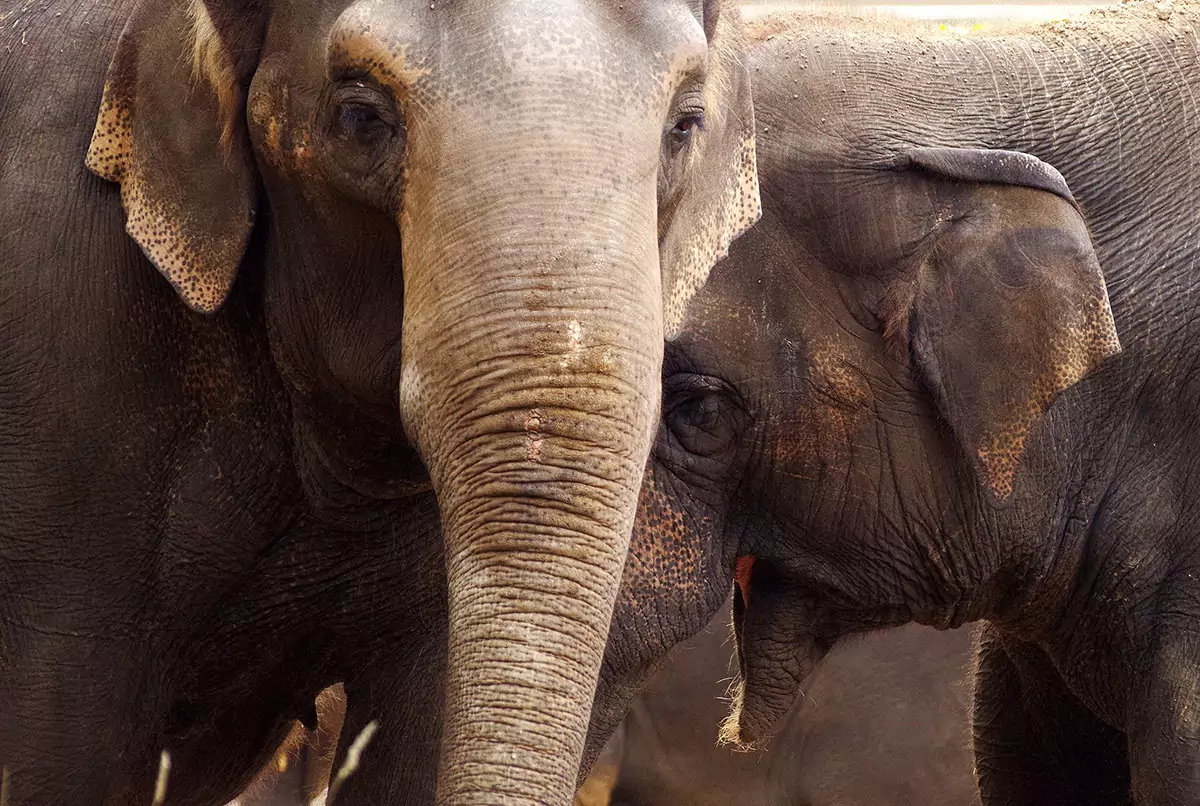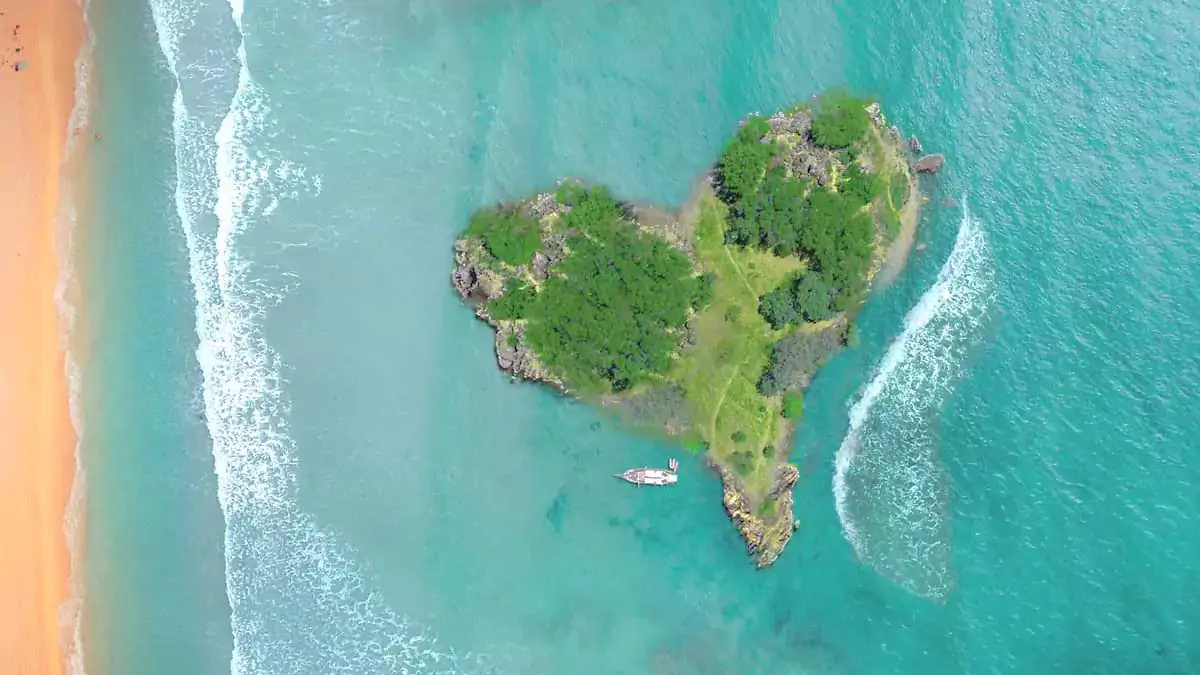Tourism, understood as the movement of the people from their normal place of residence to another place to enjoy leisure, rest, culture, health, business or family relationships, beyond ancient history, began with the Industrial Revolution in the nineteenth century. As such, it is a phenomenon that has not stopped growing since. According to data from the World Tourism Organization (UNWTO), in 2018 there were 1,400 million international tourist trips, or one sixth of the world’s population, and predictions indicate that in 10 years there will be 400 million more.
The impact of this activity on particular destinations and the planet in general is not always negative. In economic terms, and according to the UNWTO, tourism represents 5% of world GDP and generates one in 12 jobs worldwide, of which 55.5% are held by women.
But there are also other positive aspects of tourism. Firstly, tourist trips bring together people from all over the world, regardless of race, color, sex or age, which allows for the exchange of knowledge and points of view in regards to life, customs, and therefore enrich and broaden their horizons.
Secondly, tourism is the primary or secondary source of income for 20 of the 48 least developed countries on the planet, which helps reduce poverty in the world.

It is also a means of empowerment for indigenous communities, youths, women and people with disabilities. Through support to local artisan groups, when buying a work of art or crafts, tourists contribute to their income, which in turn helps their families and children.
But despite of the positive aspects of tourism, ecological awareness grows in the world, and the so-called “shame to fly” is a clear example. However, aviation is only responsible for 2% of greenhouse gases, compared to for example to the 15.9% corresponding to road transportation. But, what would happen if we stopped flying? The first effect would be the loss of 65 million jobs directly attributed to the industry of air transportation of passengers. However, this would not be the only consequence.
In Africa for example the predictions for 2030 indicate that the tourism industry will generate more than 234.000 millions of euros in revenue. We eliminate this from the African economy and not only will this significantly increase poverty on the continent, since millions of Africans depend on tourism, but efforts to protect the world’s most endangered species would also vanish.

In fact, many governments and local communities in the African continent are aware of the importance of protecting millions of square kilometers of habitats of endangered species, including the last of the rhinos and elephants. It is also fundamental the activity of many tour operators that help finance conservation work to help save the lions, leopards, and cheetahs. Moreover, one of the main reasons why the mountain gorilla has not yet become extinct is that tourists are willing to pay for the opportunity to see them in the wild.
Notwithstanding the foregoing, no one denies the pernicious effects of mass tourism. Such as trampling the vegetation, introducing non-native species into the ecosystem, littering and polluting. However, a large part of the tourism industry acts or plans to act with greater responsibility, aware of the impact of its activity. Tourism regulation is also implemented in many destinations. In the Galapagos Islands, for example, there is a tight control of the places that tourists can visit and how many can access each island daily.
On the tourists part, there is a growing interest in eco-tourism and the demand for sustainable travel, which undoubtedly represents an opportunity that the tourism industry must seize and promote.
In conclusion, lets not kill tourism, simply make it better.
Sources: Hosteltur 1, Hosteltur 2, Hosteltur 3, The New York Times, Contiki, The Independent, Wikipedia, OICA.






